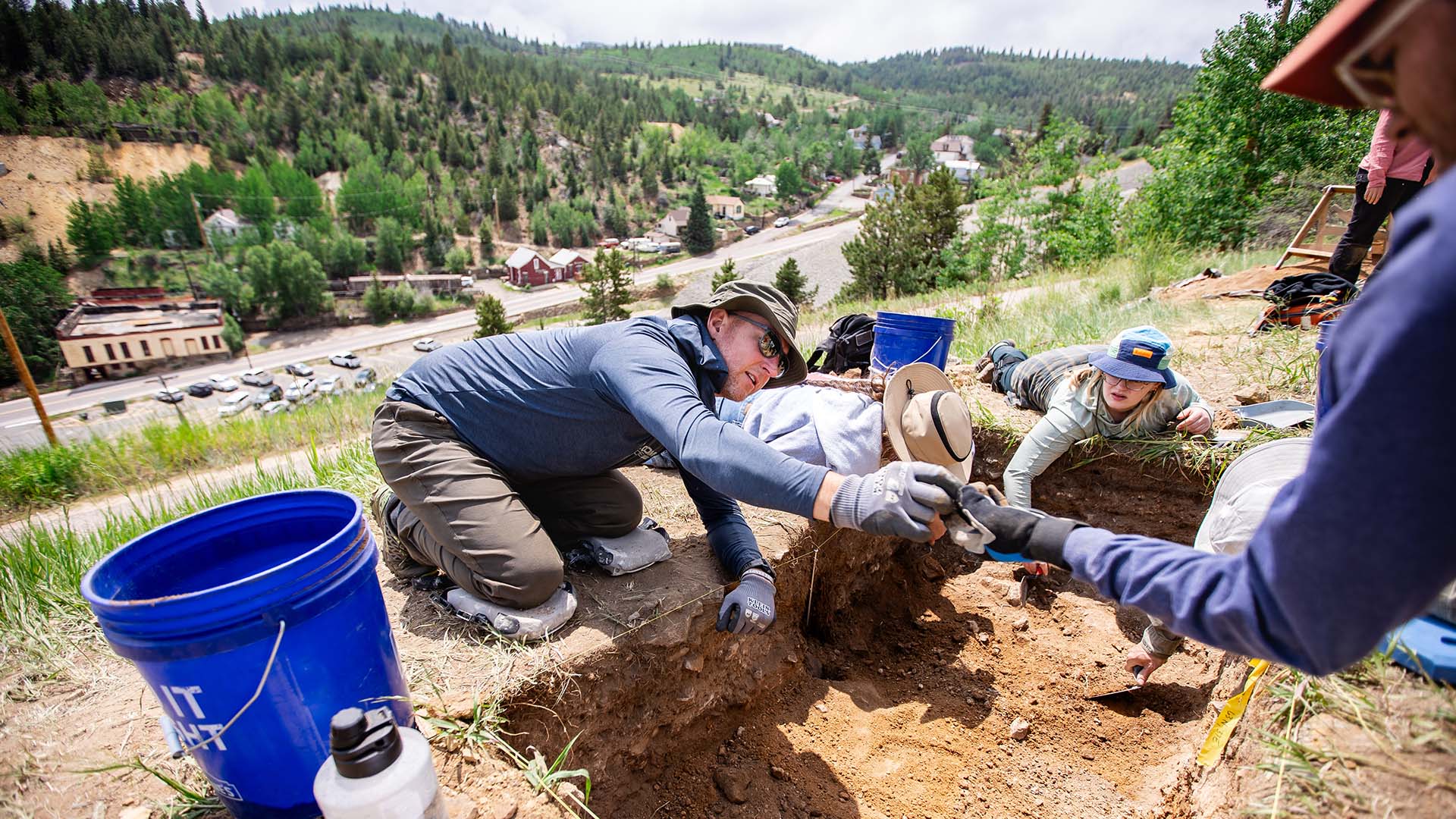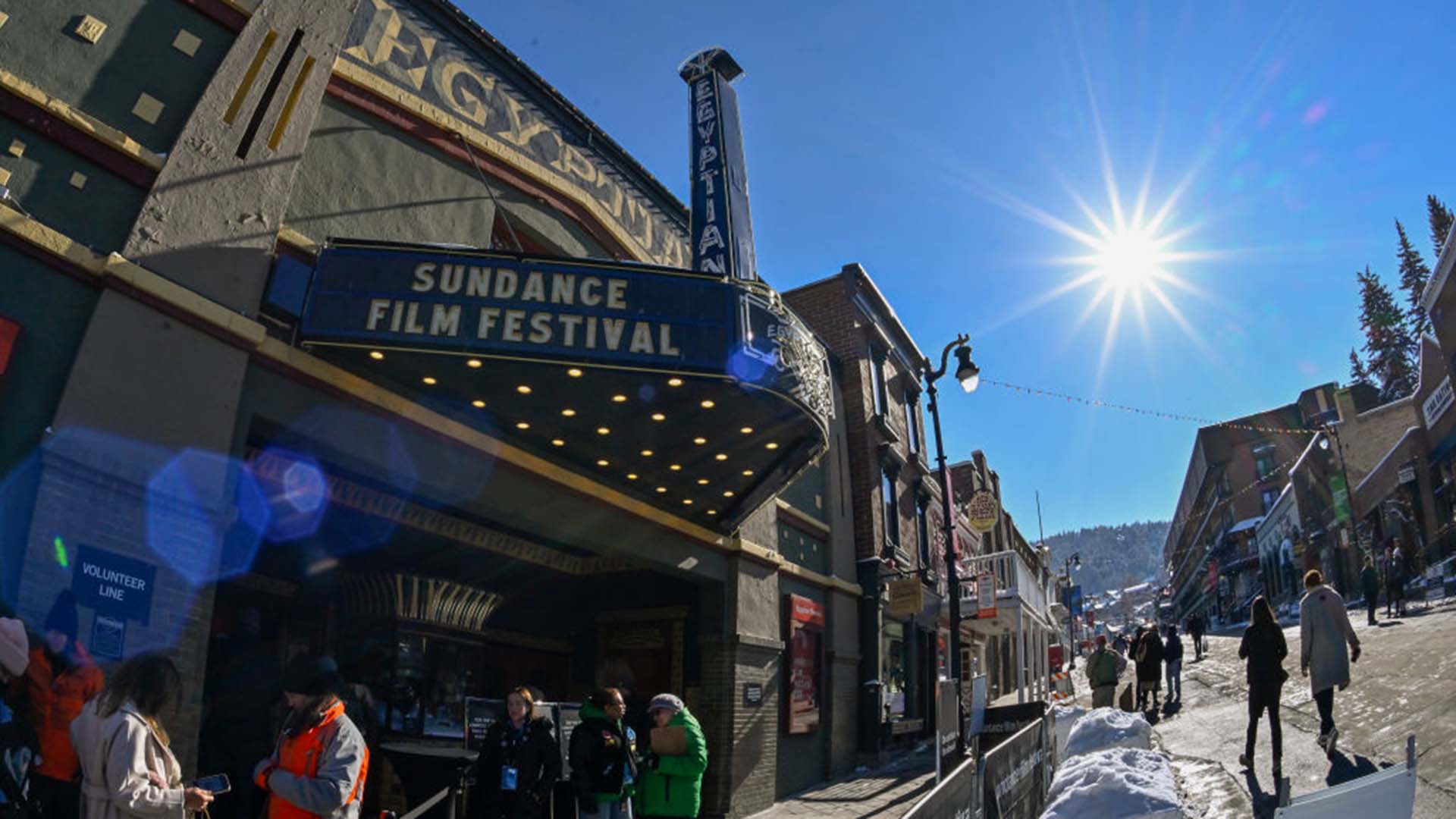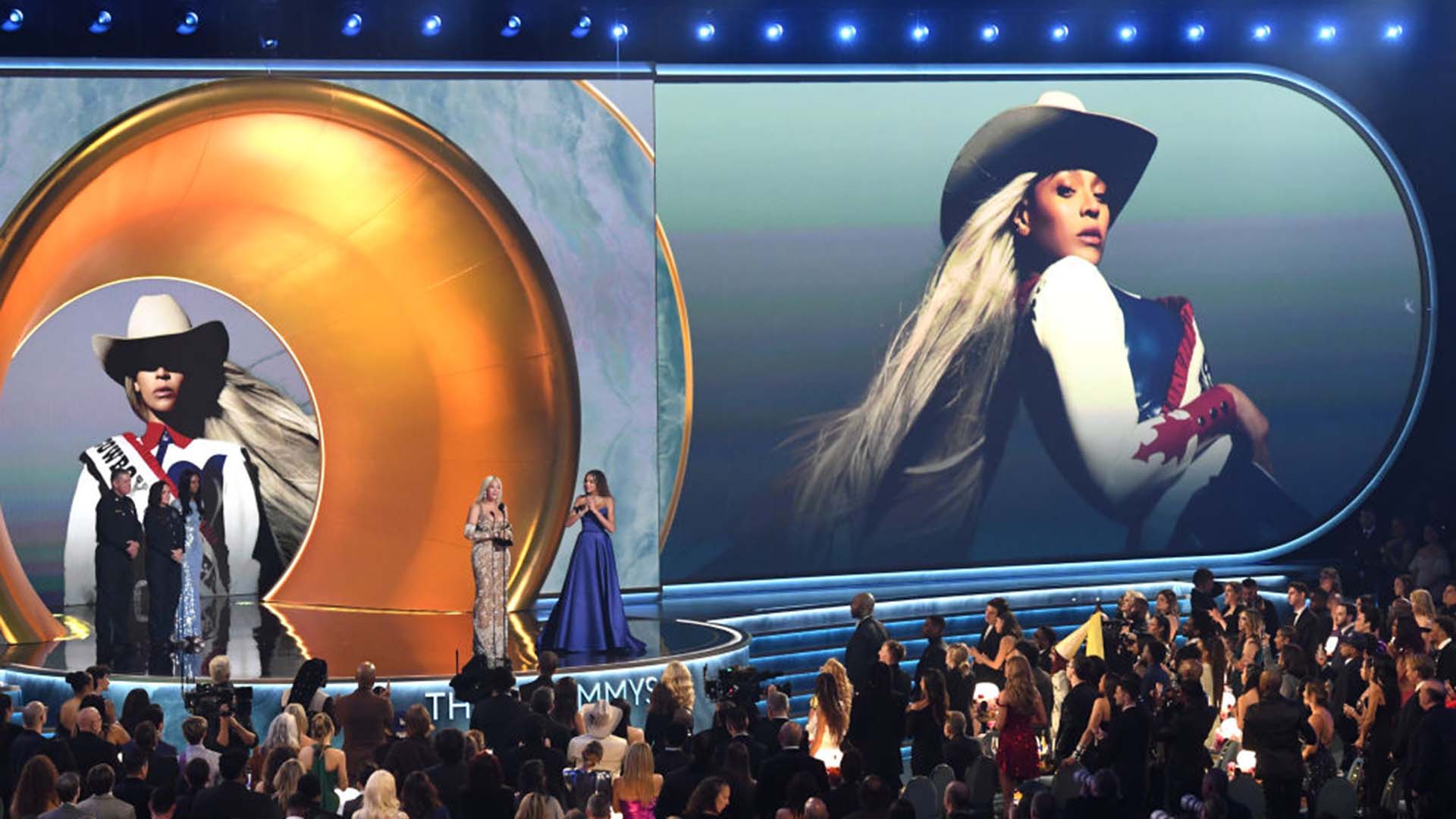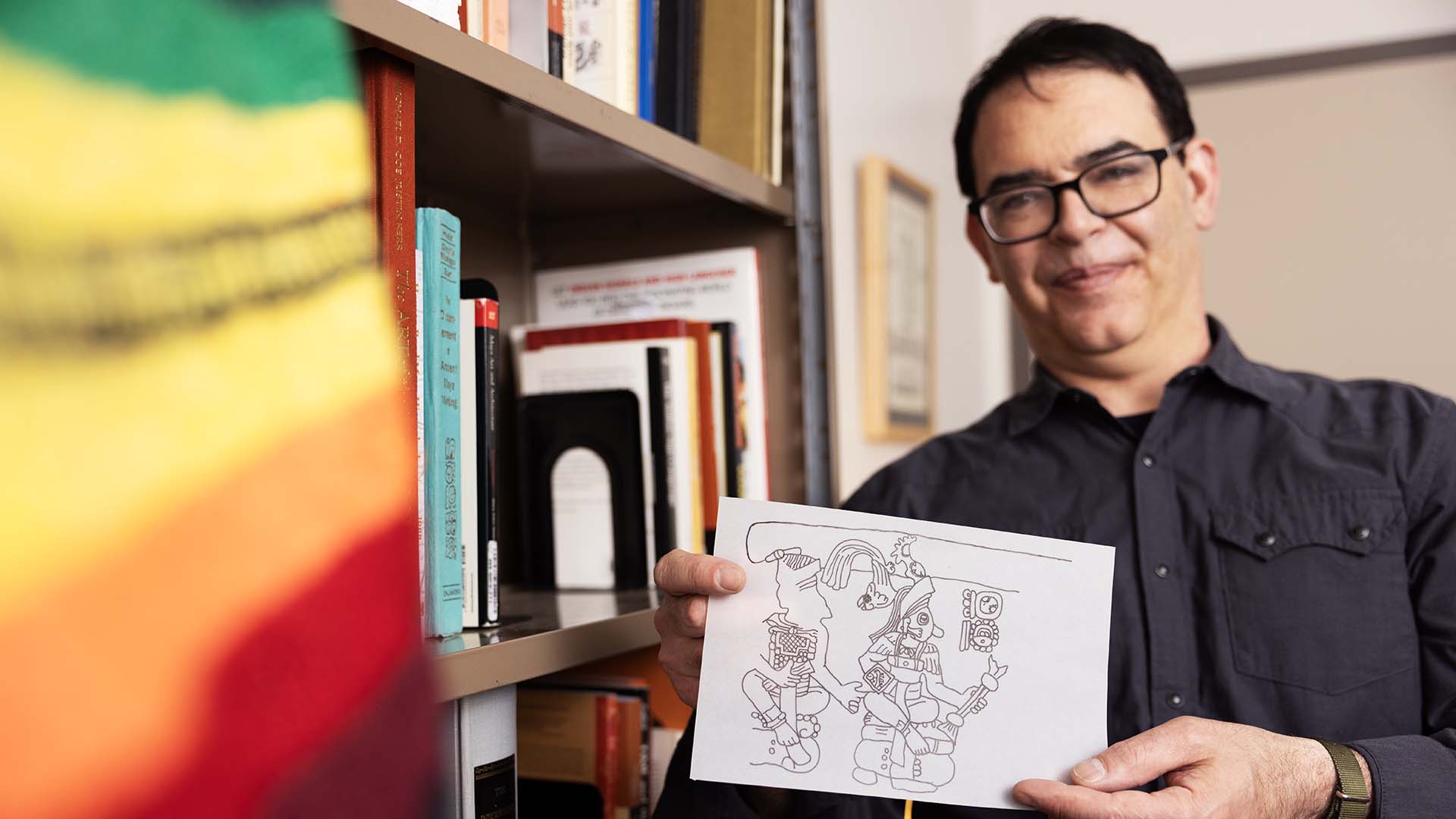6 must-read mystery, horror and thriller stories
Here are recommendations from David Heska Wanbli Weiden, professor of Political Science and Native American Studies at MSU Denver and author of the acclaimed novel “Winter Counts.”
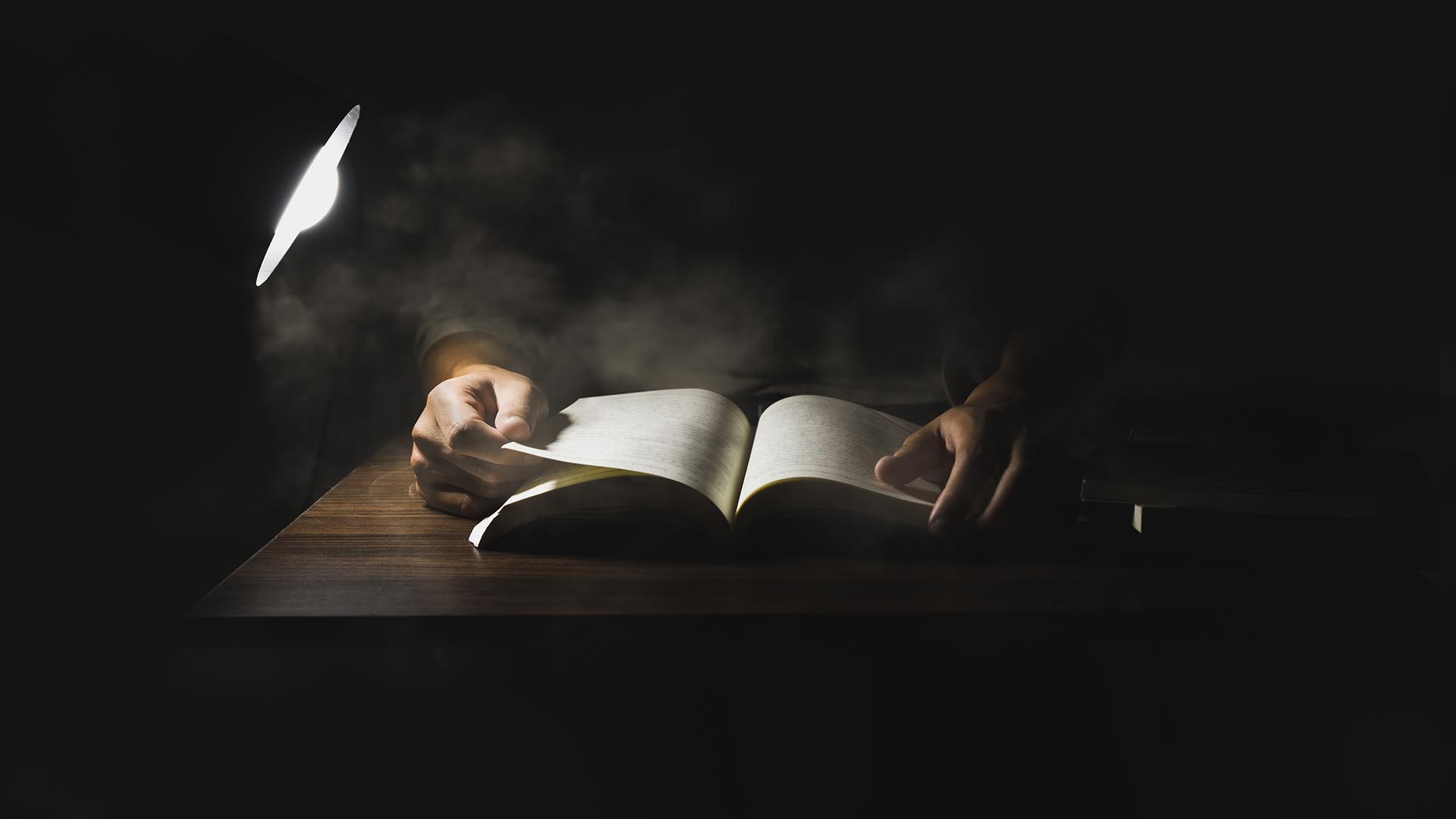
It came as a surprise when David Heska Wanbli Weiden, Ph.D., heard the news that Time magazine had included his novel, “Winter Counts,” among the 100 best mystery and thriller novels of all time. Despite being released during the pandemic when many bookstores had closed, the novel found its audience and became a national bestseller.
“I was truly honored by (the Time) article,” Weiden said, “and I’m very grateful that so many readers have learned about the issues facing Native Americans today.”
An enrolled member of the Sicangu Lakota nation, Weiden often explores historical injustices and Indigenous identity in his work, which includes short stories and the children’s book “Spotted Tail.”
For Halloween, as well as Native American Heritage Month, which starts Nov. 1, Weiden recommends the following classic and contemporary stories that will haunt you well into the new year.
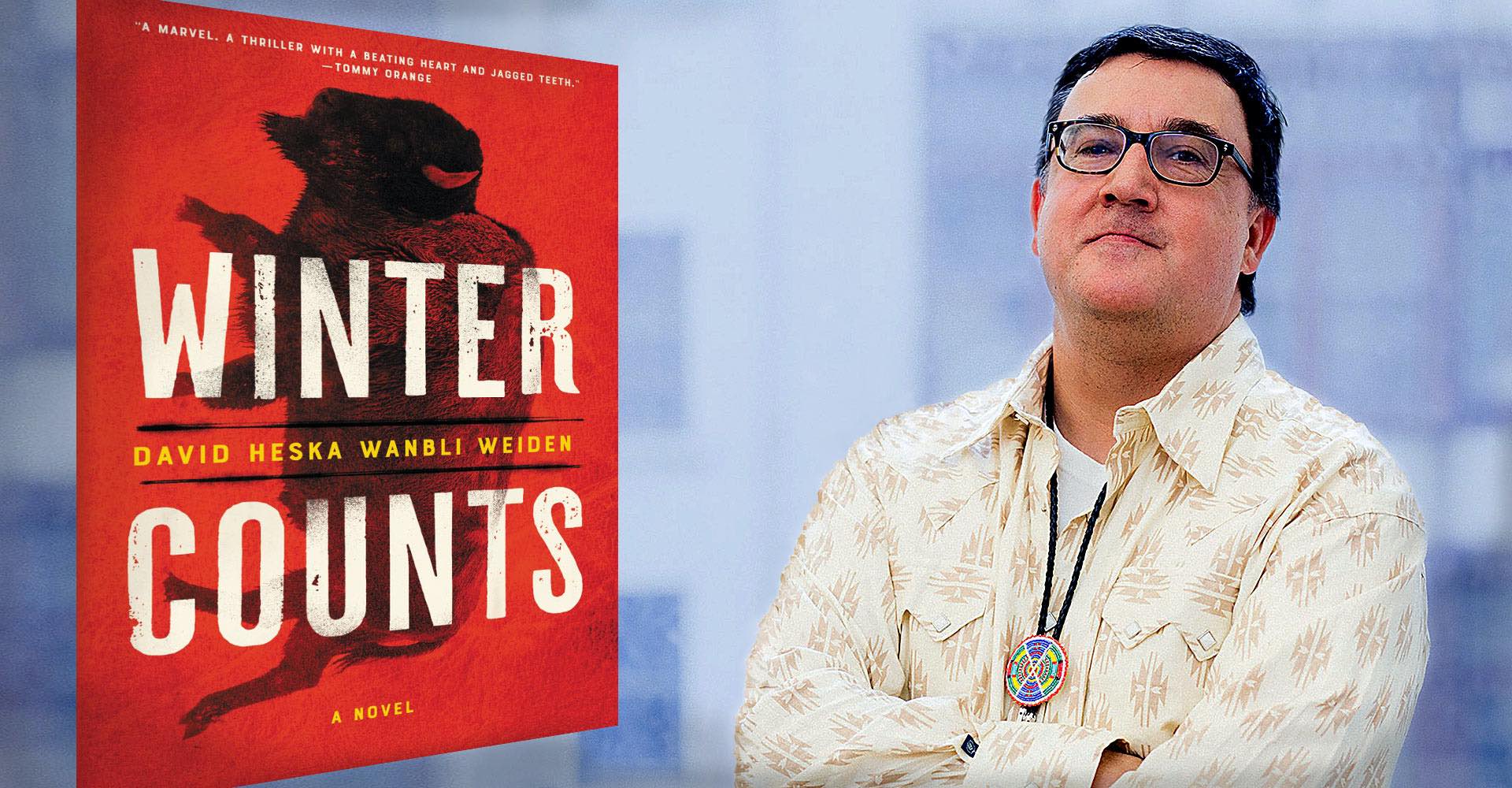
“Never Whistle at Night: An Indigenous Dark Fiction Anthology” edited by Shane Hawk and Theodore C. Van Alst Jr. (Penguin Random House, 2023)
Just released last month, this anthology of Indigenous horror stories is the perfect volume to read this Halloween. It’s got monsters (human and otherwise), ghosts, hauntings and curses, all written by Native authors. My own short story “Sundays” is in the book — it deals with the Native American boarding schools and the terrors that so many Indigenous children encountered there.
RELATED: The broken promises behind ‘Winter Counts’
“The Only Good Indians” by Stephen Graham Jones (Gallery/Saga, 2020)
Written by a Colorado author, this novel is perhaps the greatest Indigenous horror novel ever. It’s the story of a group of friends who are haunted by a supernatural being from their past. But the book is about much more than that, and I promise the story and its characters will stay with you long after you finish it.
“Denver Noir” edited by Cynthia Swanson (Akashic Books, 2022)
This anthology contains short stories set in the Denver area, including my “Colfax and Havana,” which takes place in my hometown of Aurora. But for a great Halloween story, please read “Pieces of Everyone, Everywhere” by Cynthia Swanson. That tale deals with Cheesman Park, which is a former cemetery. The other stories in the collection are amazing as well, and three of them were selected for the Distinguished category in the 2023 edition of “The Best American Mystery and Suspense.”
“Mean Spirit” by Linda Hogan (Atheneum, 1990)
This is not a Halloween-themed novel, but I’m including it because of the film “Killers of the Flower Moon,” which is currently garnering considerable attention. That movie is based on the nonfiction book of the same title, but this novel deals with the same events via the medium of fiction. A finalist for the Pulitzer Prize, the book tells the story of the Osage murders in the 1920s. The brutal killing of the character Grace Blanket drives the narrative although it soon expands to larger questions of societal justice. The novel is not only a mystery, but also an engrossing view into Native culture, spirituality and the struggle against colonization.
RELATED: 10 censored books to add to your reading list
“The Round House” by Louise Erdrich (Harper, 2012)
This novel, winner of the National Book Award, is a modern masterpiece and is a book that will appeal to fans of literary and genre fiction. It’s the story of Joe Coutts, a 13-year-old boy living on a reservation in North Dakota whose mother is brutally raped and his subsequent search to find her attacker and take revenge. The novel dramatizes the themes of violence against Indigenous women and also the broken system of tribal criminal justice enforcement.
“The Sharpest Sight” by Louis Owens (University of Oklahoma Press, 1992)
In my opinion, the author Louis Owens is the most important figure in the genre of Native American crime fiction but is sadly less well known among Indigenous writers. Owens wrote compelling page-turners that also interrogated questions of identity, culture and colonization. “The Sharpest Sight” is nominally the story of the death of Attis McCurtain, but the novel’s characters travel between the earthly and spirit worlds as the question of the murder is resolved. This complex narrative set the stage for a unique Indigenous style of suspense fiction that incorporates political, legal and cultural issues. Given his influence on my work, I enclosed several hidden tributes to Owens in “Winter Counts.”

